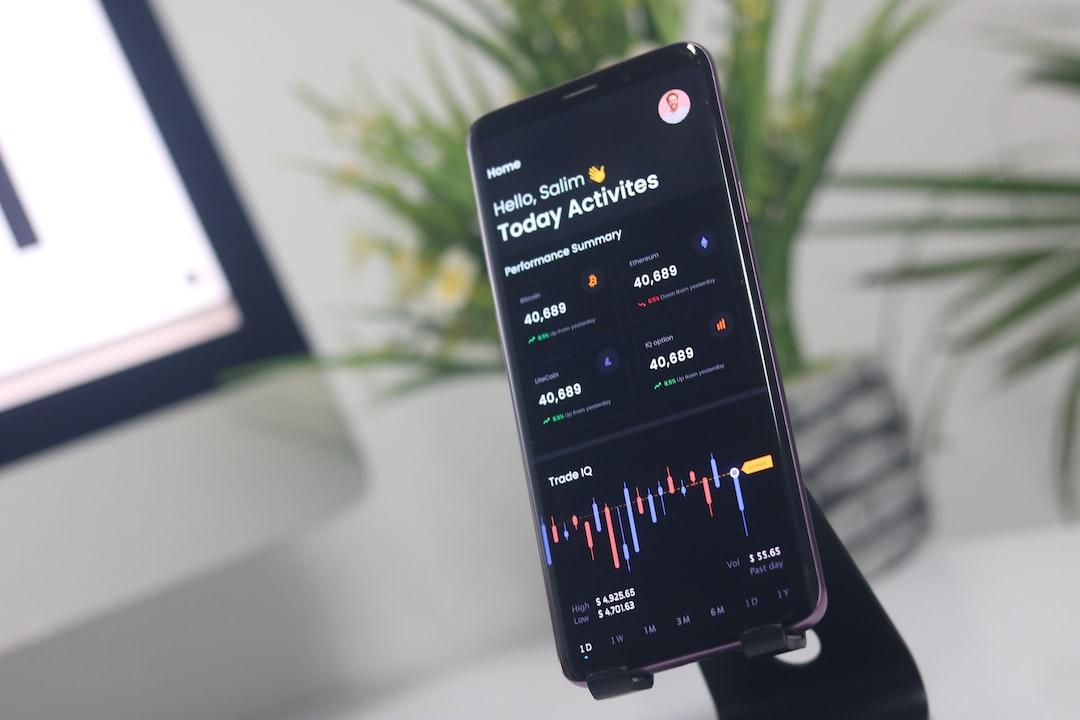Yesterday (20), Elon Musk’s neuroscience company Neuralink conducted a live stream on Twitter (now X), showcasing the preliminary results of its first human trial of the brain implant device, Telepathy. The video showed a quadriplegic man who was able to play computer games solely through the control of his mind.
Table of Contents:
Summary: Neuralink completes first human trial
Neuralink subject: Playing games like using “the Force”
Noland urges participation in the trial
Musk’s statement: Paralyzed patients may walk again
Medical Ethics Committee (PCRM) warns of serious safety issues
In May of last year, after receiving authorization from the US Food and Drug Administration (FDA) to conduct human clinical trials, Neuralink actively recruited human test subjects. In January of this year, Musk announced that after years of testing on monkeys, Neuralink successfully implanted its chip into a human for the first time.
It is reported that their first product, named “Telepathy,” is composed of extremely thin and flexible circuits that are implanted in the brain area that controls movement. It serves as a recording and transmission device, translating the patient’s thoughts into digital motion.
Now, the identity and background of the first clinical trial participant were revealed during the live broadcast after the surgery. The participant is 29-year-old Noland Arbaugh, who became paralyzed in all four limbs due to a diving accident eight years ago. However, with the Neuralink neural connection device implanted, Noland is now able to play simple computer games using only his thoughts. He explained, “I focus on a specific area on the screen, and the cursor moves to the position I want, as if I have the power to control it.” He added, “The feeling of using the brain to control the computer is like using ‘the Force.'”
During the live stream, Noland and Neuralink engineer Bliss Chapman demonstrated how Noland controlled the movement of the mouse using his thoughts to play games such as chess and “Civilization VI,” claiming that this technology has changed his life.
Even though the chip is not perfect and they encountered some issues, Noland stated that it has brought significant improvements to his life. He added, “The surgery went very smoothly, and I was able to be discharged from the hospital the day after the surgery.”
As Neuralink’s brain-computer interface (BCI) development progresses, Noland also called on other patients with neurological disorders to join the clinical trial, stating, “I don’t want people to think this is the end of the journey; there is still much work to be done.”
A few days ago, the company expressed its willingness to recruit new talents through an announcement, stating that developing BCI is an interdisciplinary challenge.
As a co-founder of Neuralink, Musk expressed optimism, stating, “In the long run, it may be possible to bypass the damaged area of the spine by transmitting signals from the brain’s motor cortex, allowing people to walk again and use their arms normally.”
Another Neuralink employee emphasized, “This is a significant step towards the future, and blindness and paralysis will be the first to be effectively cured.”
However, the medical ethics advocacy group PCRM expressed concerns about Neuralink’s human trials, stating that the invasive, unnecessary, and hasty experiments conducted on monkeys and other animals have raised serious concerns about the safety of their devices. They further emphasized that “the battery of the device and the fine wires of the implant may potentially move to other areas of the brain, and the project has not provided an explanation on how to remove the device without damaging brain tissue.”
Elon Musk
Neuralink
Telepathy
Brain-computer interface
Clinical
Musk

